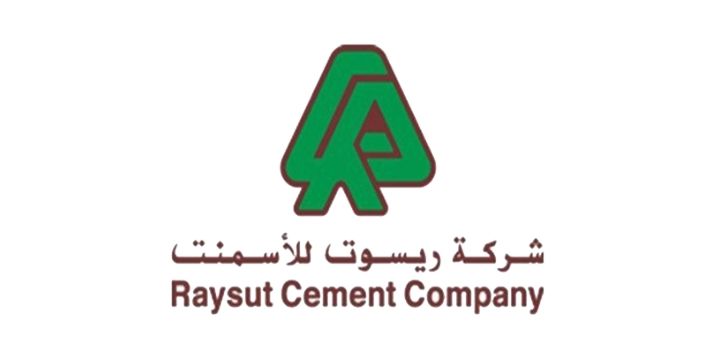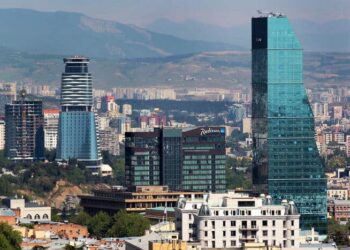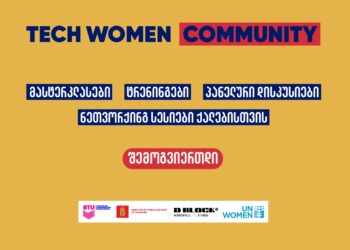Certifications confirm RCC’s stringent adherence to green norms, safety, and quality, endorsing the products exported to Georgia
RCC has also been endorsed by BIS India and SABPS South Africa
Oman’s largest cement manufacturer, Raysut Cement Company (RCC), which is developing a US$200 million, 1.2 m. tonne integrated plant in Tbilisi, Georgia, has received CE and NF certifications, two stringent global quality norms validating RCC’s adherence to EU standards in cement production.
The Muscat Stock Market (MSM)-listed RCC said the certifications come at a time when it is expanding exports to newer global markets. Currently, 50 percent of the company’s output is exported to East Africa, India, Maldives, South Africa, and Indian Ocean islands.
There is also growing demand for clinker in Georgia with a deficit seen at 600 k tonnes. RCC exports 50,000 metric tonnes of cement every year to Georgia and 100,000 metric tonnes to Eastern Europe in general.
RCC’s cement plant in Georgia is being developed by its United Arab Emirates-based subsidiary, Pioneer Cement which owns the concession to limestone mines in Georgia that will provide the key raw materials to this project.
“We consider CE and NF certifications as a testimony to our commitment to constantly improve product quality and processes in line with rigorous global safety, quality, and environmental regulations,” said Group CEO, Joey Ghose.
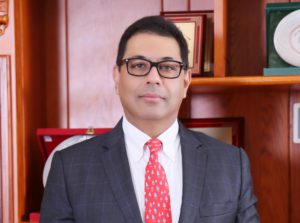
The CE (Conformité Européenne) mark, formerly EC mark, is mandatory for selling certain products in the European Economic Area (EEA) since 1985. The NF Mark from the AFNOR certification entity is a French compliance norm that ensures product safety, quality, usage ability, and performance.
‘The certifications fit into our export strategy for newer geographies as the CE Mark that endorses compliance with EU’s health, safety, and green regulations allows us to market our products in Iceland, Liechtenstein, and Norway,” said Mr. Ghose.
Winning the certifications also coincided with RCC clinching a new export order from the Reunion Islands in the western Indian Ocean, and a contract has already been signed with Enterprise Audemard Group of the French island for a year to ship 8,000 MT cement every month. The first shipment has already been received by the party. RCC is also looking at setting up a grinding unit in Madagascar to leverage the 7-8 percent Y-o-Y growth in that country’s market.
RCC group has a current output capacity of 6 million metric tonnes of cement, slated to increase to 10 million by 2022, and later to be scaled up to 22 million tonnes. Mr. Ghose said the COVID-19 pandemic has thrown a major challenge to the business, but RCC was facing it successfully with no change in leadership or vision.
Recently, RCC had also won certifications from other parts of the world boosting its export scope. These are from BIS (Bureau of Indian Standards), enabling it to stabilize its presence in India, and from SABPS (South African All Brothers Products and Systems) to help RCC leverage the South African market.
Mr. Salim bin Ahmed bin Alawi Al Ibrahim, Acting Deputy Group CEO of RCC said: “The cement now produced at RCC’s Salalah plant has accomplished the strictest environmental criterion of Hexavalent Chromium (Cr6+) content of fewer than two parts per million. The NF certification also opens up new market opportunities and we are now introducing a superior quality cement brand to the French colonies in the Indian Ocean Reunion Islands.”
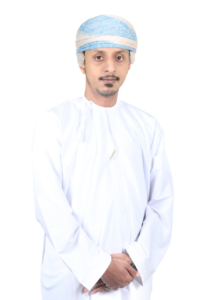
Last year RCC won the `CEO of the Year’ honor for the company’s Group CEO Mr. Joey Ghose, at both the Oman Best Employer Awards and GCC Best Employer Awards from Employer Branding Institute, which reinforced the company’s excellence across leadership, health and safety, technology, training and talent management.
“We regularly train our employees through on-the-job as well as by sending them overseas to upgrade their skills. These trainings help us strictly implement quality, environmental, and safety norms at our

